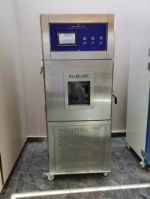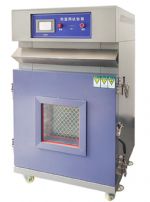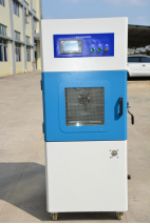- Product Catagory
- Tensile Strength Testing Machine
- Cables Flammability Testing Equipment
- Building Materials Flammability Testing Equipment
- Luggage Test Machine
- Textile Testing Equipment
- Color Fastness Instruments
- Textile Physical Test Instruments
- Lab Dyeing Instruments
- Flammability Test Chamber for Textile
- Consumables for Textile Testing
- Toys Safety Testing Equipment
- Physical & Mechanical Testing
- Flammability Testing
- Clamps for Toy Testing
- EN71-8,ISO8124-4
- Furniture Testing Machine
- Chair Testing Machine
- Mattress Testing Machine
- Furniture Testing Equipment
- Tables Test Machines
- Enviromental Chamber
- Leather and Footwear Testing Instruments
- Mobile Phone Testing Equipment
- Contact us
- Tel:86-769-23830463,86-13751491529
- Fax:86-769-38818154
- Contact:Ivy Xie
 [email protected]
[email protected] - Msn
 [email protected]
[email protected] Whatsapp/Wechat +8613751491529
Whatsapp/Wechat +8613751491529- Skype
 skylineinstruments
skylineinstruments happy_go_lucky4477
happy_go_lucky4477
- Site:Home > Battery Testing Equipment > IS 16805: 2018 Battery Extrusion And Acupuncture AIO Machine
- Product Images
- detailed description
Description:
The battery extrusion and needling machine is suitable to simulate the situation of battery extrusion during the use, transportation, storage or disposal of household waste. The battery is qualified without explosion and fire.
Parameter of extrusion:
Drive
Hydraulic drive
Battery extrusion head (plate)
tandard round extruded plate, easy to unload and replace (diameter 150mm)
Extrusion degree
Extrusion continues until the actual pressure reaches 13kN±0.2kN, and the pressure is maintained for 1min. Once the pressure is reached, the equipment will automatically release the pressure and complete the extrusion;
Pressure range
1 kN ~20kN (commonly used 13 kN)
Pressure display accuracy
0.1N, sensor resolution: 1/10,000
Unit conversion
kg, N, lb
Data sampling frequency
80/ second
Compression space
200*200*200mm(W*H*D)
Extrusion stroke of machine
100mm
Parameters of acupuncture:
High temperature resistant steel needle
ф2mm—ф8mm, Length 100mm
Tip distance from bottom the battery plane
200mm
Clip distance
200mm
Speed
10—40mm/s,from the direction perpendicular to the battery plate (the pin stays in the battery)
penetrating power
150~200kg
Display
Pressure sensing LCD display
Effective cylinder stroke
320mm
Drive
Hydraulic drive
Safe
Made into box-type equipment device
explosion-proof, fire prevention, corrosion
resistance, easy to clean
Inner box material
Stainless steel and in the box 1/3 place with teflon
sol cloth, high temperature resistance, corrosion
resistance, insulation and easy to clean
Delay function
0-99(H/M/S can be arbitrarily set and adjust the test time)
Power supply
AC220V, 50HZ, 13A
Power
2.2KW
Standard:
IS 16805: 2018, GB31241-2014MT/T 1051 SAE,QC/T473/744
Which device is used for testing the battery?
A battery tester is an electronic device intended for testing the state of an electric battery, going from a simple device for testing the charge actually present in the cells and/or its voltage output, to a more comprehensive testing of the battery's condition, namely its capacity for accumulating charge
What happens if you crush a lithium-ion battery?
Broken or cracked cases can allow moisture and oxygen to enter the battery and oxidize the lithium components, causing a heat reaction. This can lead to fires or explosions. Overheating, overcharging and shock from dropping or crushing can also cause heat reactions to occur.

- Related ProductsMore>>





